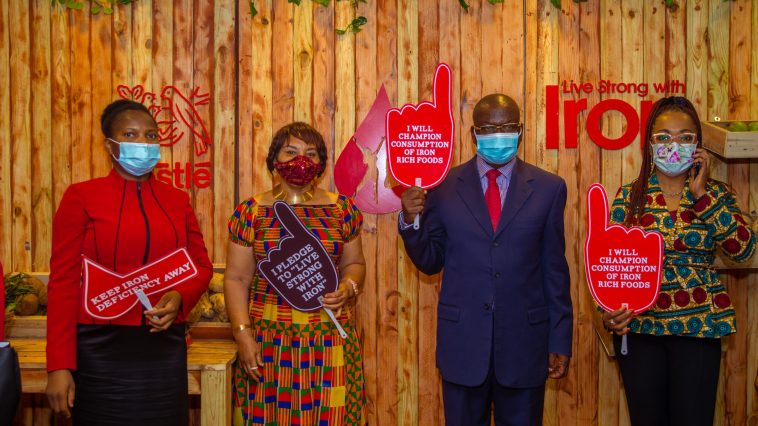By Felicia Nwosu
Following the low turnout of Nigerian creative agencies at the recently concluded Cannes Lions Festival of Creativity in France, Steve Babaeko, Chief Executive Officer of X3M Ideas and president, Association of Advertising Agencies Of Nigeria (AAAN), has attributed Nigerian agencies’ scanty representation to the incessant fluctuation in foreign exchange as well as the global economic headwinds.
In an exclusive interview with MARKETING EDGE on TV, the seasoned adman averred that the noticeable absence of Nigerian agencies at this year’s Cannes was more of economics than any other reason.
“I think it is purely economics, and I will give you an example. If there is a small agency in Estonia, a small European country, that is like the size of X3M Ideas, but make their money in euro, right? If their entry for Cannes Lions, I don’t know how much it is for one entry, is 500 or 750 euro as the case may be; they have earned money in euro and are doing one for one.
“Now, let it get to the turn of a Nigerian agency. They have earned money in Naira; if they have to do 850 or 900 to one euro, they’re are already disenfranchised. Not to talk of what the airline industry is even doing to us right now. We are paying more for tickets for the same journey, the same distance compared to our neighbours in West Africa. That already has put us in a back foot when it comes to being able to afford the kind of resources that would help us be majorly present in some of those festivals,” he stated.
Comparing Nigeria with its contemporaries across the globe, Babaeko confidently stated that Nigeria is at par with other global professionals in leveraging technology to create compelling and enduring campaigns. He attested that the record-breaking campaign that has placed his agency on the global map stands as a validation to Nigeria’s technological prowess.
According to him, the combination of harnessing creativity with technology has redefined the entire advertising and marketing ecosystem. He mentioned how such technological shift has helped to place Nigerian professionals at the forefront in driving positive change.
“This is the first time the entire West Africa will have the opportunity to win. South Africa has won, East Africa has won, North Africa has won, leaving West Africa out in the cold for the past 70 years. The fact that we are able to win shows you the power and the fire that the Nigerian advertising industry is bringing to the global front today.
“I think it is just a bit of more confidence. I think sometimes we get a little not too self-assured. The economy hasn’t helped either. So, sometimes for every business you get, you’re holding on so tight to it. And sometimes when you’re left in that survival mode, you take some of the things you shouldn’t take. In our colleagues outside this country, what I see more is that self-confidence. They know they can quickly say no,” he said.
The Nigeria leading agency boss commended some of the remarkable achievements recorded by the Advertising Regulatory Council of Nigeria (ARCON) headed by Dr. Lekan Fadolapo.
“If we had left everything the way it was before the DG of ARCON came in and started sanitizing, in a couple of more years, there would be no advertising industry. The government wants to strengthen all of the different ecosystems so that we can get better and be able to hire more people. Now, with all of the things that were going on before, where people could owe you for an endless number of days, advertising agencies were beginning to shut down. I am the president, so I know this.
“How are we going to improve the capacity of advertising agencies to be able to hire more people? And if you look at it, just check it by numbers. The Gross Domestic Product (GDP) of Nigeria is the highest in Africa today; I stand to be corrected, close to over $400 billion per annum, right? When compared to the GDP of countries like South Africa, which is far smaller, the South African advertising industry is six times bigger than the adverting industry in Nigeria. why? Because their laws and regulations are intact,” Babaeko explained.






Comment
No comments found.